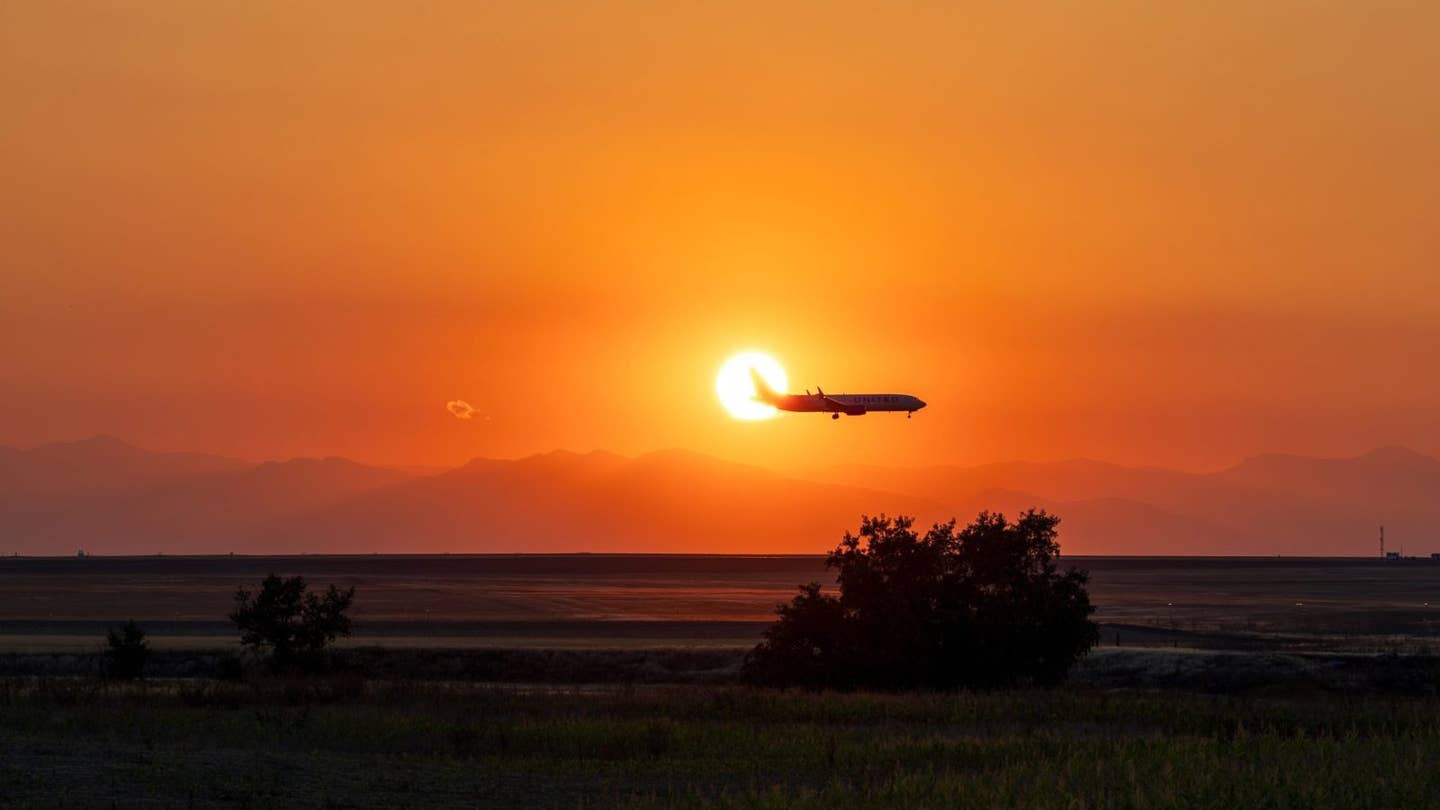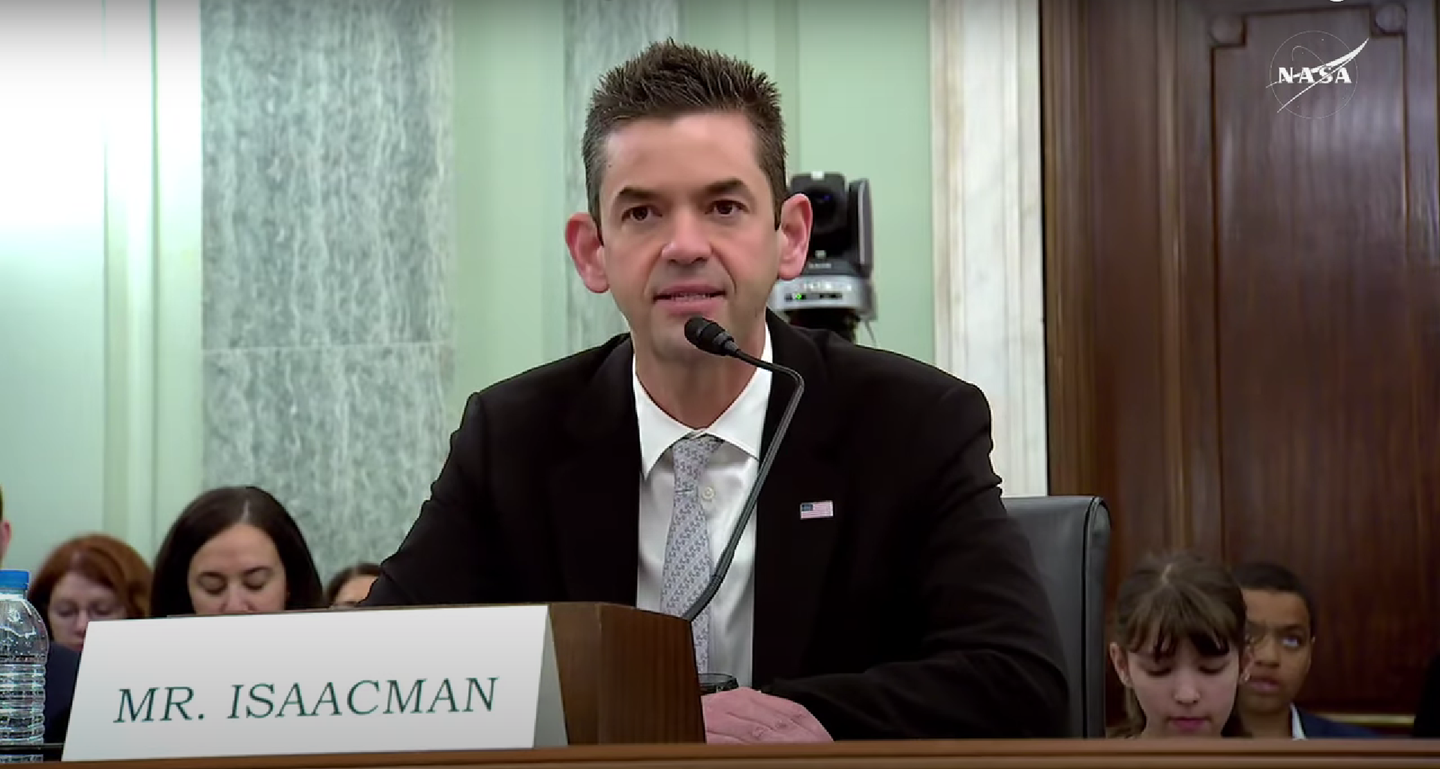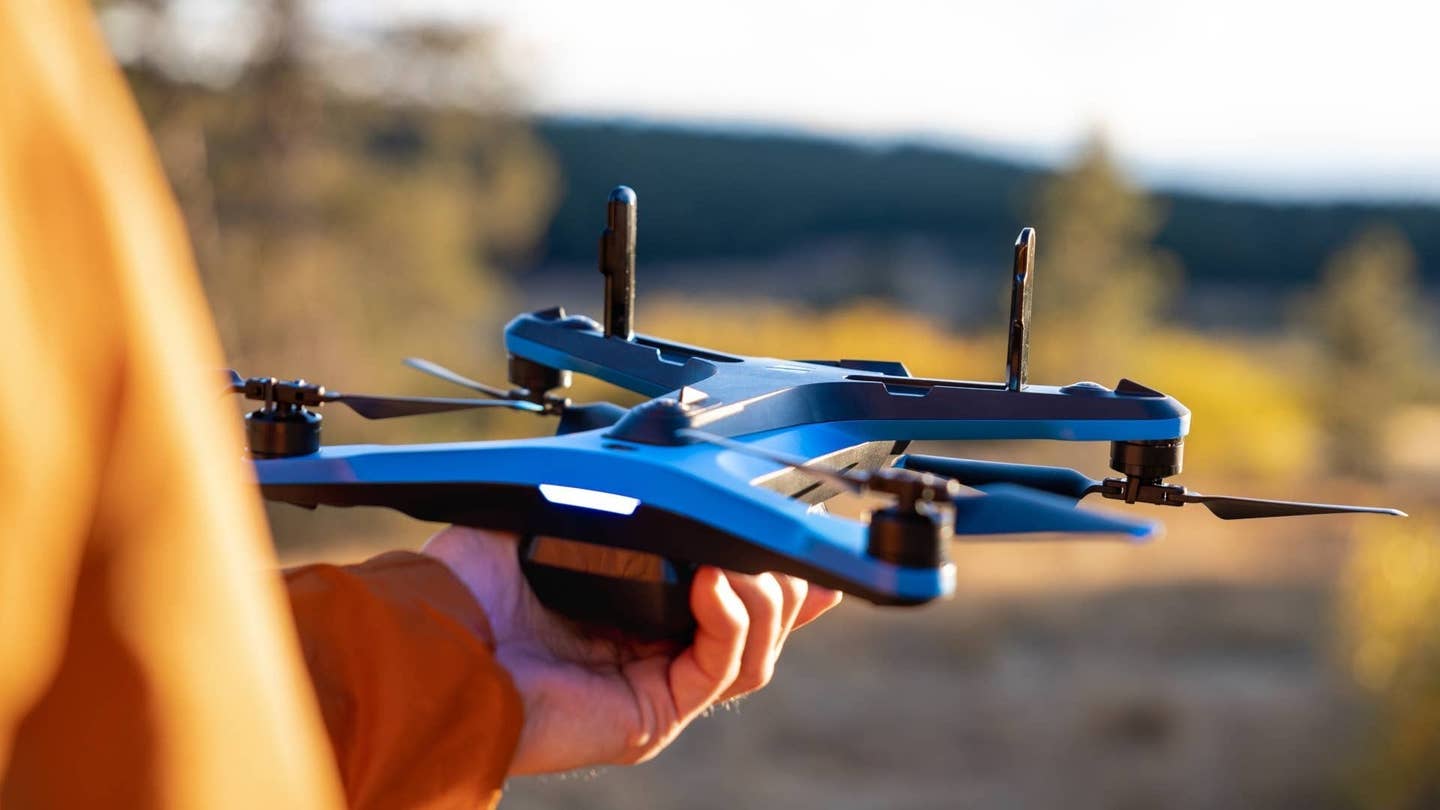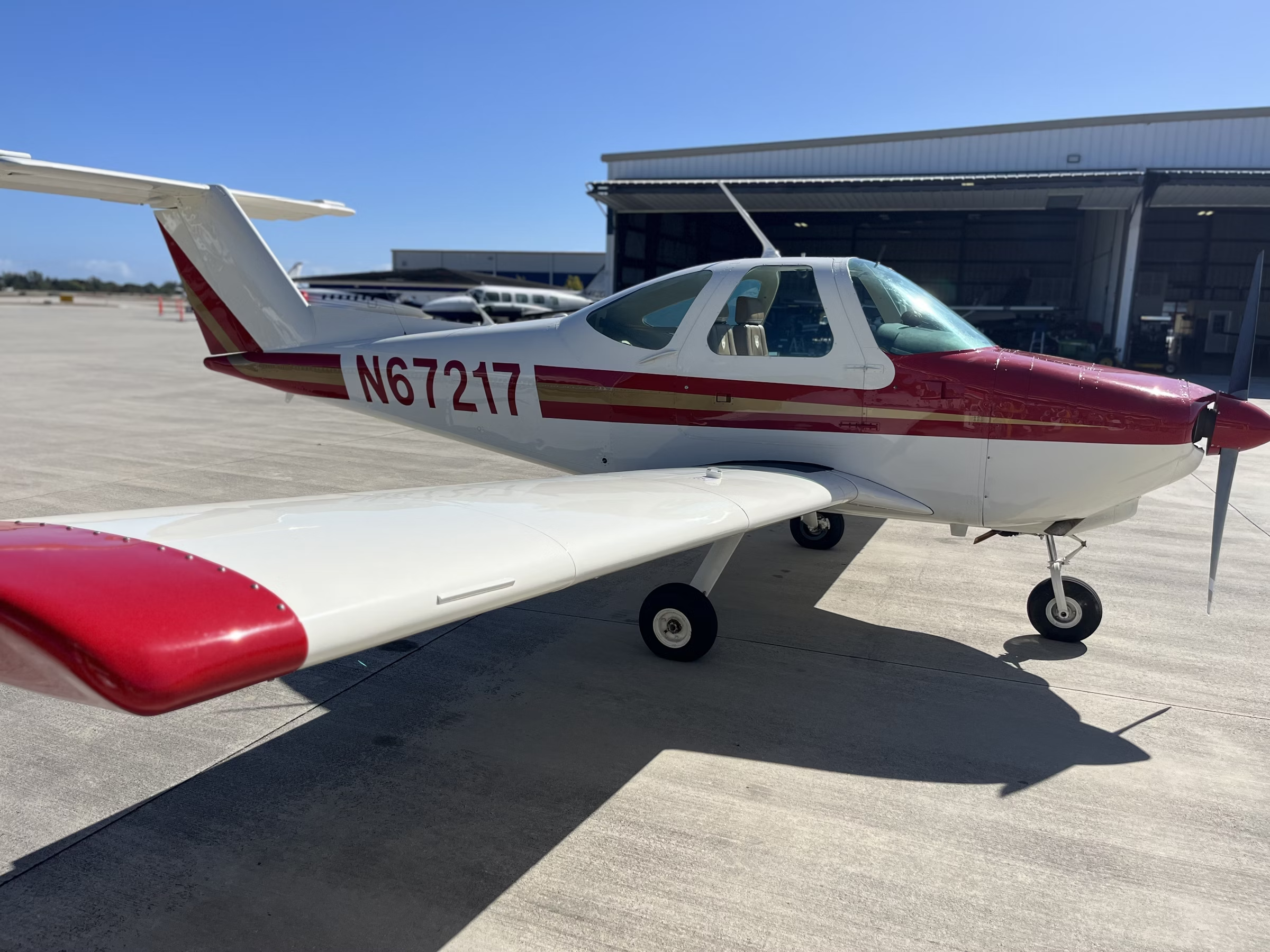FAA Lifts Drone Delivery Restrictions in Dallas
A new authorization permits two drone delivery companies to fly without any direct human observation, allowing them to skirt current rules around flights.
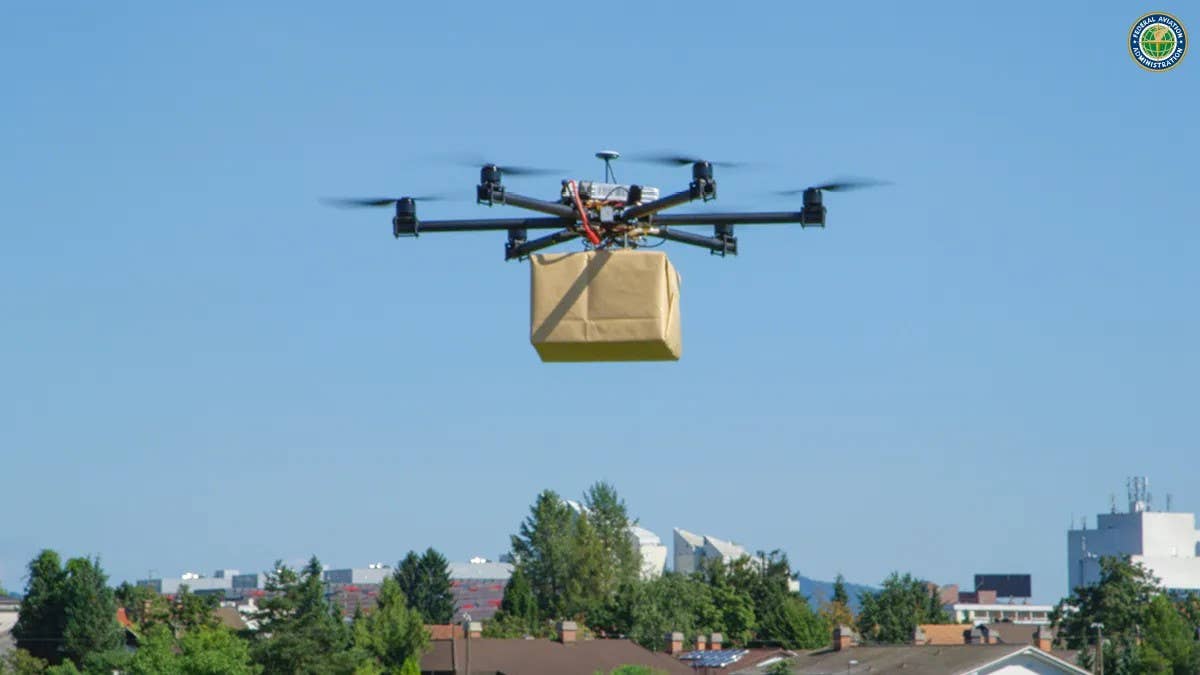
The FAA is lifting restrictions on drone delivery flights in Dallas-area airspace. [Courtesy: FAA]
The FAA is making drone history in Texas.
The regulator on Tuesday authorized commercial drone flights without visual observers (VOs) in Dallas-area airspace for two companies: Zipline and Wing, the drone delivery subsidiary of Google parent Alphabet. The firms will manage the airspace themselves with FAA oversight.
“The industry is providing us with a lot of detailed documentation, and we’re providing a lot of oversight,” said Jarrett Larrow, regulatory and policy lead at the FAA’s Uncrewed Aircraft Systems (UAS) Integration Office. “These public-private partnerships are key to safely integrating drones into our National Airspace System.”
Both Zipline and Wing have robust drone delivery services in the Dallas-Fort Worth area in partnership with Walmart. But limiting the firms is a pesky regulation called the beyond visual line of sight (BVLOS) rule, which limits drone operations to within the drone operator’s field of view of the operator.
The FAA is working to release the Normalizing UAS BVLOS Notice of Proposed Rulemaking (NPRM), which would authorize drone operators to fly aircraft where they cannot physically see them. It expects to finalize the measure this year.
But in lieu of a firm rule, the regulator awards BVLOS permissions on a case-by-case basis through waivers. Typically, these exemptions require the companies to maintain VOs along delivery routes to monitor their drones. However, a handful of companies have been able to replace VOs with proprietary or third-party detect and avoid systems or UAS traffic management (UTM) software.
Without these permissions, drone delivery companies are greatly limited in the scope of their operations, which, in order to keep eyes on the aircraft at all times, are often constricted to small areas.
The new FAA authorization seeks to change that, at least in the Dallas area.
Beginning in August, Zipline and Wing will be allowed to deliver packages using UTM technology to keep their drones from colliding. In short, airspace would be managed by private companies with FAA oversight.
“This is the first time the FAA has recognized a third-party to safely manage drone-to-drone interactions,” said Praveen Raju, a program manager in the FAA’s NextGen Office. “As always, safety comes first, and we required exhaustive research and testing before giving the green light.”
Zipline and Wing will use UTM to share flight data and routes with other airspace users, with all flights occurring below 400 feet agl and far away from crewed aircraft. Consensus standards developed by the drone industry and accepted by the FAA describe how the technology can accommodate multiple layers of drone operations, according to the regulator.
The agency also said that Zipline and Wing since 2023 have safely conducted thousands of live drone test flights in shared Dallas-area airspace. Now, commercial flights are expected to provide the FAA with valuable information that could allow it to expand BVLOS operations without special exemptions nationwide.
The regulator on Tuesday said companies and organizations worldwide have shown interest in the project and how they can install their own UTM systems in the U.S.
“UTM is a critical piece for safe, routine, scalable BVLOS operations and to ensure everyone has equitable access to the airspace,” Larrow said. “If service providers and operators are successful in cooperatively sharing the airspace using UTM, it will be a repeatable process nationwide.”
Zipline and Wing were among the first drone delivery firms to obtain Part 135 operator permissions from the FAA and have worked closely with the regulator for years. Should the agency continue to look to the companies to pilot BVLOS operations, it may add permissions to their service areas in other states such as Arkansas, Utah, and Virginia.
Like this story? We think you'll also like the Future of FLYING newsletter sent every Thursday afternoon. Sign up now.

Sign-up for newsletters & special offers!
Get the latest FLYING stories & special offers delivered directly to your inbox

